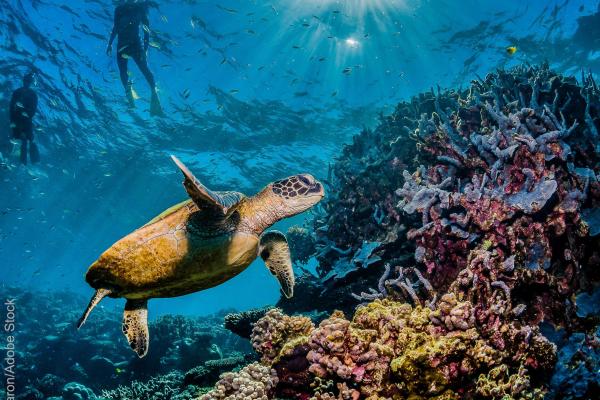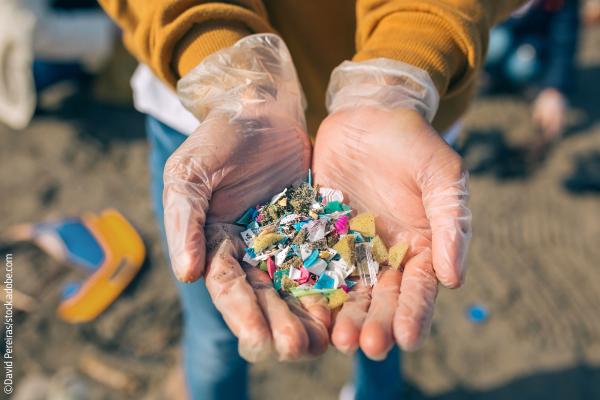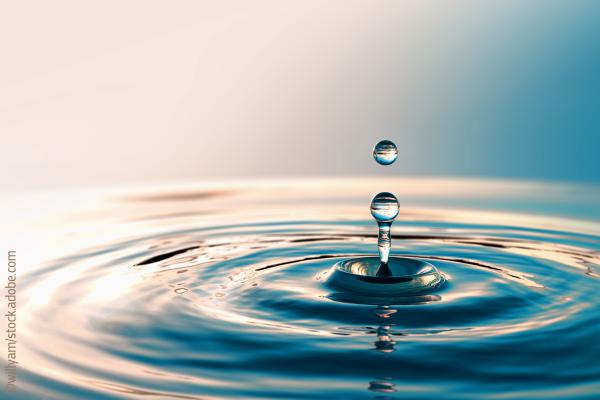Overview
Clean and healthy oceans are essential for life on Earth, but marine pollution threatens their well-being.
Main pollution types are
- marine litter (plastic, wood, metal, etc.)
- eutrophication (nutrient pollution)
- contaminants (pesticides, heavy metals, toxins)
- underwater noise (oil drilling, shipping)
- ocean acidification (atmosphere CO2 dissolving in ocean)
Objectives
Marine pollution has no borders. Marine pollutants entering oceans in one country may travel long distances due to shifting winds, seasonal currents and migrating species. Therefore, coordinated EU-level actions and initiatives are of benefit to all EU countries bordering the European seas. The objectives are
- Preventing marine pollution from land-based sources, shipping, and other activities.
- Promoting sustainable fishing practices to protect marine biodiversity.
- Enhancing monitoring and enforcement mechanisms to ensure compliance with environmental regulations.
- Collaborating with international partners to address global marine pollution challenges.
In focus
Every year, the European Union, in partnership with the United Nations and the Smurfs, organises an ocean-activism and awareness-raising campaign - #EUBeachCleanup - featuring beach, river banks and various clean-up events across the world.

EU actions



The Fisheries Control Regulation includes rules to make it easier to report and recover lost fishing gear. Fishing vessels must carry equipment to retrieve lost gear and record information in their electronic logbooks. This information must be provided to the Commission or European Fisheries Control Agency (EFCA) when requested.
Action plan: Protecting and restoring marine ecosystems for sustainable and resilient fisheries
CleanSeaNet a European satellite-based oil spill and vessel detection service.
Regional cooperation with Regional Sea Conventions and work on global projects to reduce marine litter in areas like Southeast Asia, the Pacific, and South America.
Funding
European Maritime, Fisheries and Aquaculture Fund (EMFAF) provides funding to develop solutions for restoring and maintaining ocean health, and tackling marine pollution.
- EMFAF offers financial support to venture capital and impact funds through the InvestEU program, in collaboration with the European Investment Bank Group. This funding is used to invest in companies that provide innovative solutions in the blue economy sector, with a focus on reducing pollution and preserving the environment.
- EMFAF compensates fishermen for bringing ashore lost fishing gear and waste caught in their nets during normal fishing operations instead of throwing them back into the sea.
- EMFAF helps improve ports for receiving waste.
Data and research
- Mission on healthy oceans, seas, coastal and inland waters focuses on setting specific targets, demonstrating solutions, and engaging local communities.
- EMODNET and Atlas of the Seas give access to information on pollution in European seas and its sources following FAIR (findable, accessible, interoperable reusable) principles.
Law
News

- News announcement
Today, the Commission released the 2024 Annual Economic Report on the European Union fishing fleet, showing a substantial improvement in the fleet's economic performance, with gross profits increasing from both 2022 and 2023 to a projected €1,673 million in 2024.
- 2 min read

- News announcement
During the 47th annual meeting of the General Fisheries Commission for the Mediterranean (GFCM), the EU and neighbourhood countries agreed on important measures in favour of sustainability of the Mediterranean and the Black Sea.
- 4 min read

- News article
A plan to make a Slovenian trout farm self-sufficient in renewable energy has become a model of water use, waste management, biodiversity, and social engagement.
- 3 min read
